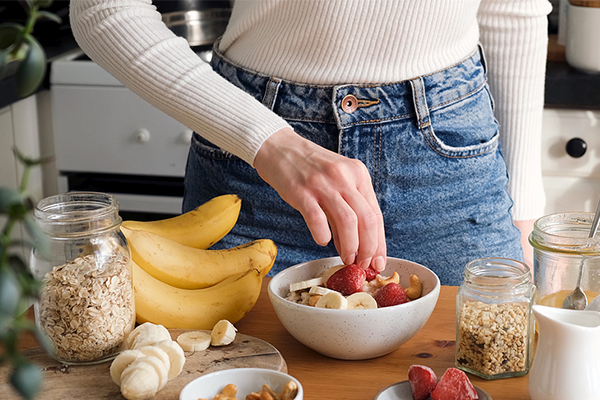If you are around kids regularly, you’ve probably been asked, “Can eating too many bananas kill you?” And you’ve probably responded, “No, just like mixing Pop Rocks or Mentos while drinking Coca-Cola will not cause you to explode, bananas are an important part of your diet.”
But while bananas—or the potassium they contain—are important for proper health, too much potassium is often a sign of a major health problem.
Why High Potassium Can Be Dangerous
Potassium is a mineral necessary for your body to function. The average person needs around 4,700 milligrams of potassium daily, according to the Department of Agriculture (USDA). And just like bananas, high-potassium foods like oranges, carrots, spinach and blackberries are great pieces of any healthy diet.
The trouble starts when your kidneys don’t process and eliminate potassium like they should, causing levels to build up. This can happen due to kidney disease, diabetes, taking certain medications or consuming too much potassium. The latter often occurs when people on low-sodium diets use too much salt substitutes that are high in potassium.
When your potassium levels are very high, it is called hyperkalemia. Left untreated, it can cause heart arrhythmias or worsening kidney problems. Hyperkalemia often has no symptoms, but it can cause nausea, numbness, muscle weakness, diarrhea and abdominal cramping.
Diagnosis and Treatment Isn’t Complicated
The good news is that hyperkalemia is easy to diagnose and treat. Your doctor will order bloodwork to test your potassium and sodium levels, as well as your serum creatinine levels. Depending on your results, you may need to make dietary changes or swap your medications. If your hyperkalemia is severe, you may need an IV of calcium or glucose and insulin. You may also need dialysis.
If it turns out instead that your potassium is too low—a condition called hypokalemia—you will need to incorporate more potassium in your diet and avoid alcohol. Studies have shown that too little potassium may cause heart damage.





